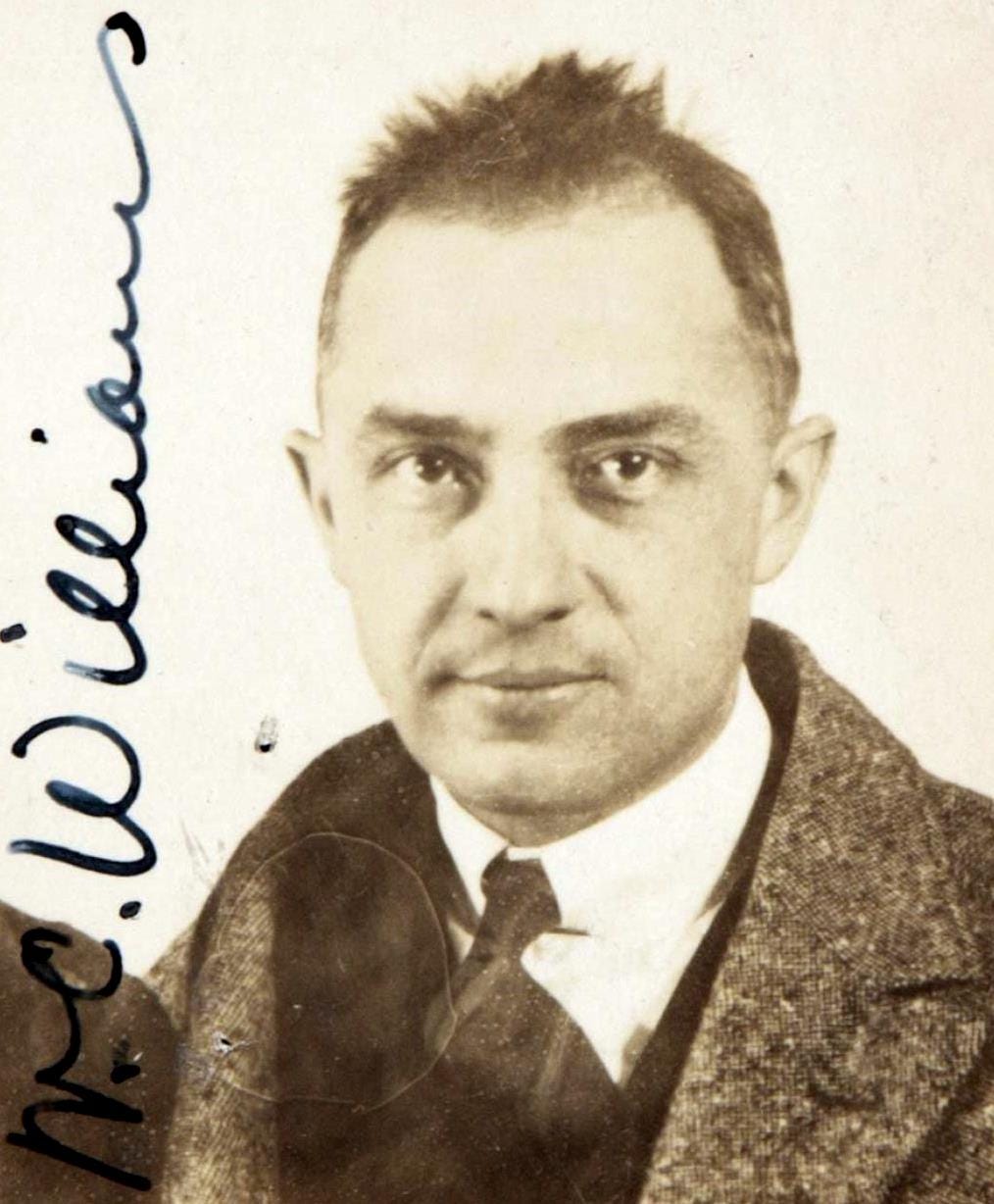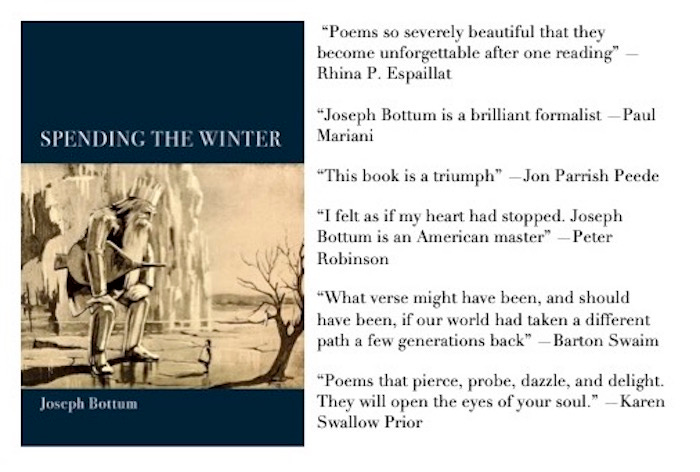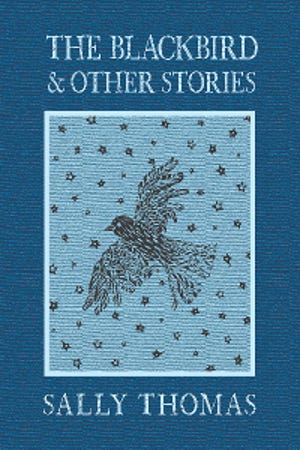
Summer Song
by William Carlos Williams
Wanderer moon smiling a faintly ironical smile at this brilliant, dew-moistened summer morning, — a detached sleepily indifferent smile, a wanderer’s smile, — if I should buy a shirt your color and put on a necktie sky-blue where would they carry me? ═══════════════════════
William Carlos Williams (1883–1963) — whose “Spring and All” and “Queen-Anne’s Lace” we’ve previously featured — once defined a poem as a machine made of words. That’s a curious metaphor, of course, but it was intended to be. And it was very much of its time. In his 1923 Toward an Architecture, Le Corbusier called a house a machine (Une maison est une machine-à-habiter, a machine for living), and he had in mind, as Williams did, a provocative break with old decoration and sentimentality — a modern approach. A modernism.
Certainly Williams’s poems function as things made of words. And yet, in consciously rejecting the metrical foot, occurring in strict patterns, as the basic element from which a poetic line is constructed, he did not reject “the dance of language,” in the words of the poet Lewis Turco (who passed away this past September).
The amateur poet may assume that free verse of the sort that Williams wrote is easy to imitate, because it’s simply chopped-up prose. Yet in today’s Poem of the Day, the 1917 “Summer Song,” we can see Williams’s sense of the “measured line” — a line which, as Turco puts it, “looks, acts, and sounds like prose most of the time,” yet is governed by poetic considerations, chiefly the rhythmic impulses of the words that comprise it

In this poem, a glimpse of the moon “wandering” from night into daylight, smiling a “faintly ironical smile,” prompts a response from the poet. The accentual lines consist largely of two stressed syllables. That faintly ironical moon-smile has three stresses, as if either the moon paused to smirk at the world beneath it, or the speaker paused to notice it, or possibly both — the strange moon-smile, but also the speaker’s final question, which is the question prompted by the invitation: “Where would they carry me?”






Well, that put a faintly ironical smile on my face.
If I think of machine broadly--"a constructed thing whether material or immaterial," as Merriam-Webster puts in a sense deemed archaic--I like the metaphor, since it seems to focus on poetry as craft. This reading turns Williams' likely meaning on its head, recalling as it does (again, from Merriam-Webster) the language of Natural Theology: "with what beauty, art and contrivance, particular creatures are made, and how the several parts of this great machine are fitted to each other, and make a regular and uniform world …" (William Sherlock).